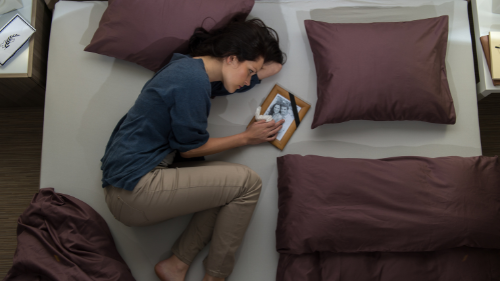Psychology of Unacknowledged Grief: Losses That Society Does Not Validate
Unacknowledged
grief is a type of emotional pain that arises when the losses we experience are
not socially validated or understood. This type of grief appears in situations
like the loss of an informal romantic relationship, the death of a pet, the end
of a personal dream, or even the loss of an identity or role. Because society
does not always perceive these experiences as "legitimate grief,"
those who suffer from them feel isolated, misunderstood, and find it difficult
to process their pain adequately.
The
Impact of Unacknowledged Grief on Emotional Health
Unacknowledged
grief is harmful because those who experience it feel they have no right to
their pain, leading to emotional repression. The lack of social support and the
invalidation of their experience can provoke feelings of loneliness, prolonged
sadness, and in some cases, depression. This type of grief is complex because,
without a social space to process it, people become trapped in their pain
without finding ways to move forward.
How to
Address Unacknowledged Grief
It’s
important to recognize that the pain from a loss doesn’t need to be validated
by others to be legitimate. To overcome unacknowledged grief, it’s helpful to
find spaces where the loss can be discussed, such as therapy or support groups.
Keeping an emotional journal can help process what we feel. Giving space to
these emotions allows grief to follow its natural course, which relieves
emotional distress and helps rebuild personal well-being.
If you
are going through unacknowledged grief and feel isolated or misunderstood,
don’t hesitate to contact us. We can provide support to navigate this stage in
a healthy way.
RewPaz



